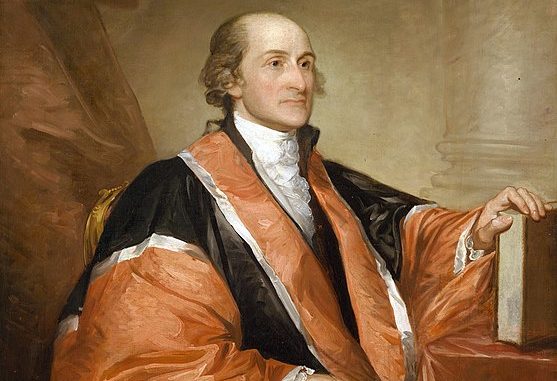
Foundational Document.
Along with Federalist #10, Federalist #51 is commonly read in American high school government classes. Federalist #51 explores the necessity for a system of checks and balances and examines how a government can be artfully designed to check itself within a national government. The Federalist Papers were written to support ratification of the Constitution in the State of New York. Read the excerpt below from Federalist #51 and answer the questions that follow.
In republican government, the legislative authority necessarily predominates. The remedy for this inconveniency is to divide the legislature into different branches; and to render them, by different modes of election and different principles of action, as little connected with each other as the nature of their common functions and their common dependence on the society will admit. It may even be necessary to guard against dangerous encroachments by still further precautions. As the weight of the legislative authority requires that it should be thus divided, the weakness of the executive may require, on the other hand, that it should be fortified. An absolute negative on the legislature appears, at first view, to be the natural defense with which the executive magistrate should be armed . . . In a single republic, all the power surrendered by the people is submitted to the administration of a single government; and the usurpations are guarded against by a division of the government into distinct and separate departments. In the compound republic of America, the power surrendered by the people is first divided between two distinct governments, and then the portion allotted to each subdivided among distinct and separate departments. Hence a double security arises to the rights of the people. The different governments will control each other, at the same time that each will be controlled by itself.Federalist #51, James Madison
The entire text of Federalist #51 is available at the Avalon Project at Yale University.
Analyze and Interpret.
1. What does Madison mean we he says, ” If men were angels, no government would be necessary.”? What does this reveal about his understanding of human nature?
2. In the eyes of Madison, which branch should be the most powerful? Why should this branch be the most powerful?
3. How was the Constitution designed to limit the authority of the most powerful branch?
4. Does the double security which Madison alludes to still work in our era of hyperpolarization and party politics? Why or why not?
Photo/Image: Federalist John Jay, 1st Chief Justice, by Gilbert Stuart